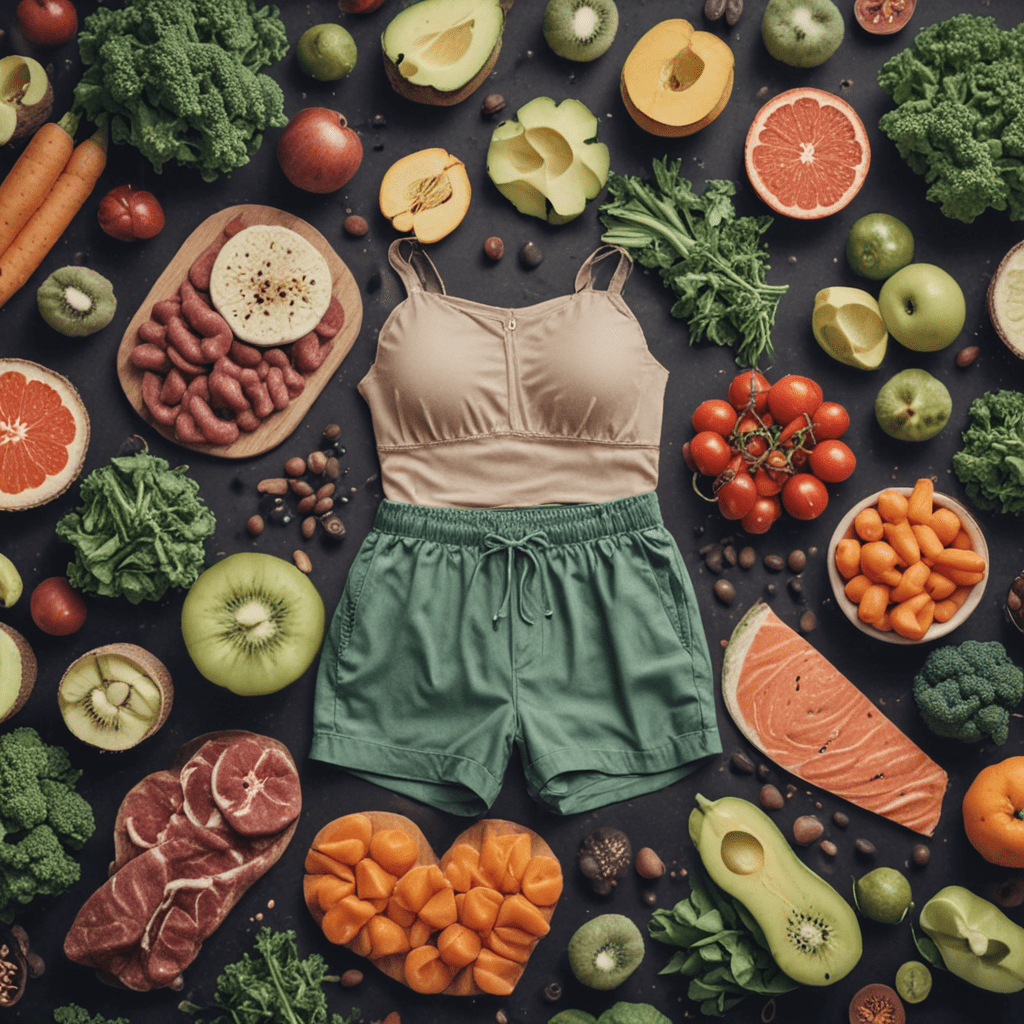
Vegan Diet: Improving Sleep Quality and Patterns
Introduction
Sleep is a crucial aspect of our overall health, affecting our physical, mental, and emotional well-being. A restful night's sleep rejuvenates our bodies, sharpens our minds, and boosts our mood. However, several factors, including diet, can significantly impact the quality and patterns of our sleep. Embracing a vegan lifestyle offers a promising solution for improving sleep, as plant-based foods are rich in nutrients essential for sleep health.
Section 1: Understanding Sleep and Its Importance
Sleep is a complex biological process that plays a vital role in our physical and cognitive functions. During sleep, our bodies undergo a series of restorative processes, including tissue repair, hormone regulation, and memory consolidation. Sleep deprivation can have severe consequences, leading to fatigue, impaired cognitive abilities, and an increased risk of chronic diseases.
Section 2: The Role of Diet in Sleep
The food we eat plays a significant role in our sleep quality. Certain nutrients, such as proteins, calcium, magnesium, and melatonin, are essential for promoting restful sleep. A balanced and nutritious diet rich in these nutrients can help improve sleep duration, reduce sleep disturbances, and enhance overall sleep quality.
Section 3: Essential Nutrients for Improved Sleep
3.1 Plant-Based Proteins:
Plant-based proteins, such as those found in legumes, tofu, and tempeh, are essential for producing serotonin, a neurotransmitter that helps regulate sleep.
3.2 Calcium and Vitamin D:
Calcium and vitamin D work together to support bone health and regulate muscle function. Both nutrients have been linked to improved sleep quality and reduced sleep disturbances.
3.3 Magnesium:
Magnesium is a mineral that plays a crucial role in muscle relaxation and nerve function. Adequate magnesium intake has been shown to promote sounder sleep and reduce insomnia.
3.4 Melatonin:
Melatonin is a hormone naturally produced by the body that regulates sleep-wake cycles. Consuming foods rich in melatonin, such as tart cherries and bananas, can help promote sleepiness and improve sleep quality.
Section 6: Meal Timing for Optimal Sleep
Eating a balanced meal a few hours before bedtime can promote sleep, as it provides the body with nutrients it needs to relax and initiate sleep. However, it's important to avoid eating heavy meals or sugary foods close to bedtime, as these can disrupt sleep patterns.
Section 7: Avoiding Sleep-Disrupting Foods
Certain foods and beverages can interfere with sleep quality, including caffeine, alcohol, and nicotine. Caffeine is a stimulant that can keep you awake, while alcohol can initially make you feel sleepy but disrupt sleep later in the night. Nicotine, a stimulant found in tobacco products, can also interfere with sleep.
Section 8: Combining Diet with Other Sleep Hygiene Habits
In addition to adopting a vegan diet, implementing other sleep hygiene habits can further improve sleep quality. These include establishing a regular sleep schedule, creating a relaxing bedtime routine, and ensuring a comfortable and dark sleep environment.
Section 9: Tips for Transitioning to a Vegan Diet
Transitioning to a vegan diet requires careful planning to ensure adequate nutrient intake. Gradually reducing animal products while introducing plant-based alternatives, consulting with a registered dietitian, and using fortified foods can support a smooth transition.
Section 10: Conclusion
Embracing a vegan diet offers a holistic approach to improving sleep quality and patterns. By providing essential nutrients, reducing inflammation, and supporting melatonin production, a vegan lifestyle can promote restful sleep and overall well-being. Combining these dietary changes with healthy sleep habits can significantly enhance sleep health and optimize physical and mental performance.
Frequently Asked Questions
Q1: Can a vegan diet help with insomnia?
A1: Yes, a vegan diet rich in nutrients such as calcium, magnesium, and melatonin can support restful sleep and potentially reduce insomnia symptoms.
Q2: What vegan foods should I eat to sleep better?
A2: Include fruits and vegetables, nuts and seeds, legumes, and whole grains in your vegan diet for optimal sleep health. Tart cherries and bananas are particularly rich in melatonin.
Q3: How long does it take to see improvements in sleep after adopting a vegan diet?
A3: The timeframe for seeing improvements in sleep quality can vary depending on individual factors. However, many people report noticeable improvements in sleep duration and quality within a few weeks of transitioning to a vegan lifestyle.


